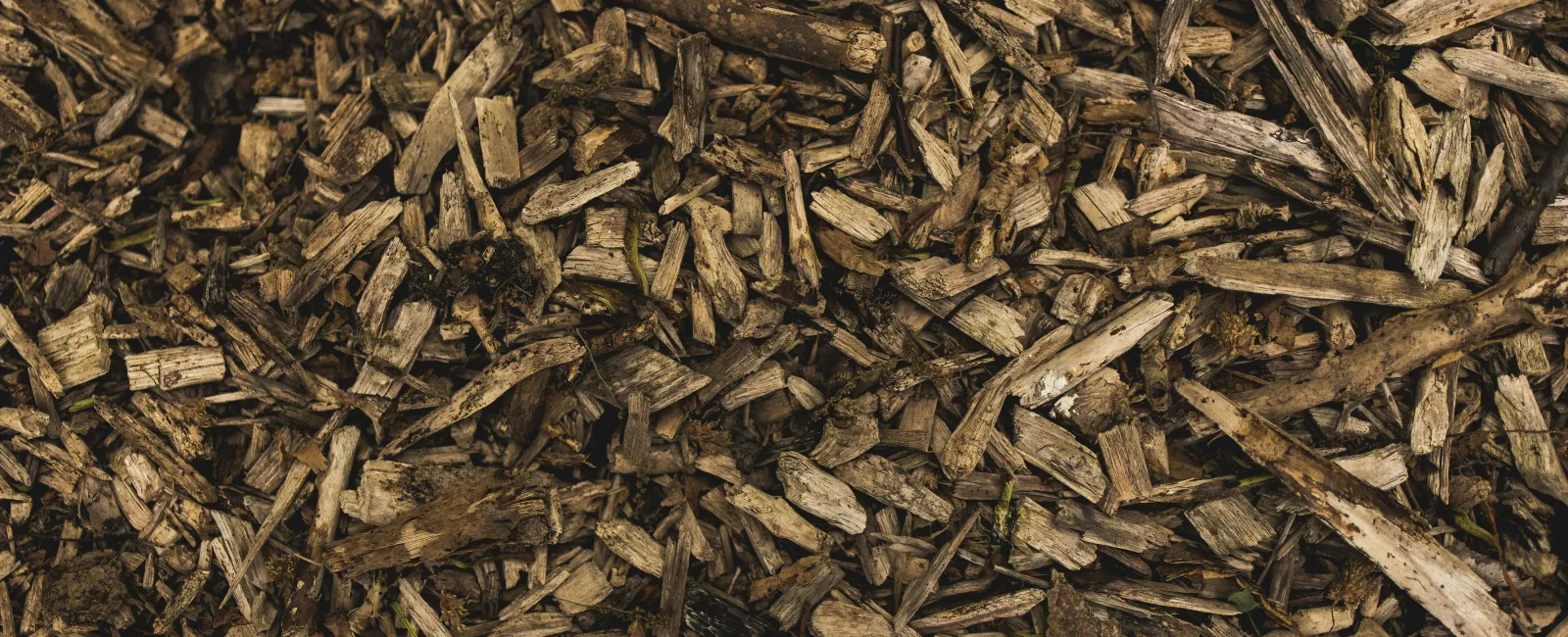
Mulching your trees is an essential part of maintaining their health and beauty. It can help to retain moisture, control weeds, and regulate soil temperature.
When it comes to choosing the right type of mulch, two popular options are cedar and cypress mulch. Both of these mulches have their pros and cons, but which one is better for your trees’ health? In this article, we will explore the differences between cedar and cypress mulch and help you make an informed decision.
What is Cedar Mulch?
Cedar mulch is made from the bark and wood of cedar trees. It has a reddish-brown color and a pleasant, aromatic scent. Cedar mulch is known for its durability and ability to resist insect infestation. It is also slow to decompose, meaning that it will last longer than other types of mulch.
Pros of Cedar Mulch
- Insect Repellent: Cedar mulch is naturally resistant to insects, including termites, ants, and other pests. This makes it a great choice for protecting your trees from damage caused by these creatures.
- Long-Lasting: Cedar mulch is slow to decompose, so it will last longer than other types of mulch. This means that you won’t have to replace it as often, saving you time and money.
- Aesthetically Pleasing: Cedar mulch has a beautiful reddish-brown color that can enhance the appearance of your trees and garden.
Cons of Cedar Mulch
- Expensive: Cedar mulch is more expensive than other types of mulch, such as cypress or pine. This can make it a less cost-effective option for some homeowners.
- Can Affect Soil pH: Cedar mulch can lower the pH of the soil, making it more acidic. This can be a problem for trees that prefer a neutral or alkaline soil.
What is Cypress Mulch?
Cypress mulch is made from the bark and wood of cypress trees. It has a light brown color and a pleasant, earthy scent. Cypress mulch is known for its ability to retain moisture and suppress weed growth. It is also slow to decompose so that it will last longer than other types of mulch.
Pros of Cypress Mulch
- Moisture Retention: Cypress mulch is great at retaining moisture, which can help to keep your trees healthy during dry periods.
- Weed Suppression: Cypress mulch can help to suppress weed growth, which can save you time and effort in maintaining your garden.
- Long-Lasting: Like cedar mulch, cypress mulch is slow to decompose, so it will last longer than other types of mulch.
Cons of Cypress Mulch
- Environmental Concerns: The harvesting of cypress trees for mulch has been criticized for its negative impact on the environment. This has led to a decrease in the availability of cypress mulch and an increase in its price
- Can Affect Soil pH: Like cedar mulch, cypress mulch can lower the pH of the soil, making it more acidic. This can be a problem for trees that prefer a neutral or alkaline soil.
Which Mulch is Better for Your Trees’ Health?
Both cedar and cypress mulch have their pros and cons, and the best choice for your trees’ health will depend on your specific needs and preferences. If you are looking for a mulch that is long-lasting, insect repellent, and aesthetically pleasing, then cedar mulch may be the better choice. If you are looking for a mulch that is great at retaining moisture and suppressing weed growth, then cypress mulch may be the better choice.
Conclusion
In conclusion, both cedar and cypress mulch are great options for maintaining the health and beauty of your trees. Cedar mulch is known for its insect repellent properties and long-lasting durability, while cypress mulch is great at retaining moisture and suppressing weed growth. Ultimately, the best choice for your trees’ health will depend on your specific needs and preferences.
If you live in the Atlanta area and want to add beautiful trees to your property, you need Atlanta’s top tree care company, Caldwell Tree Care.
